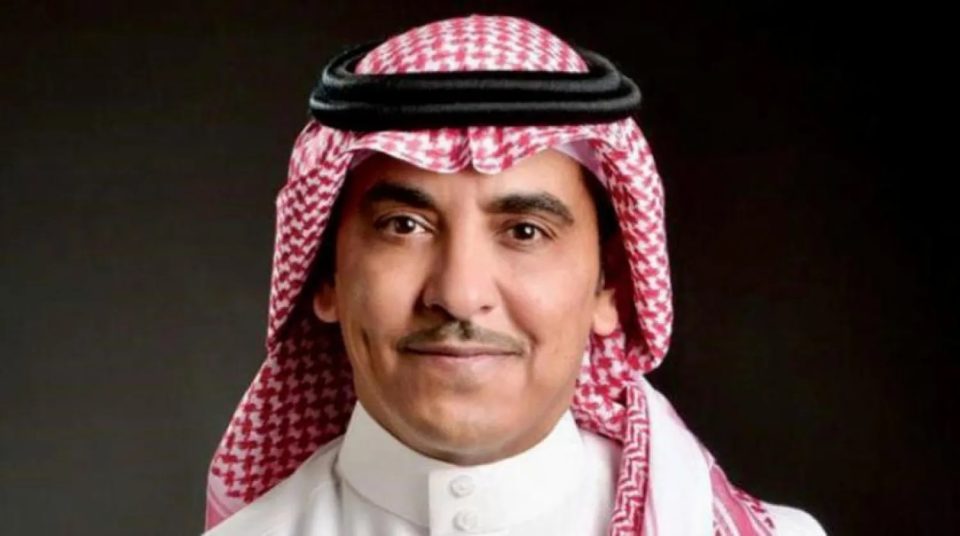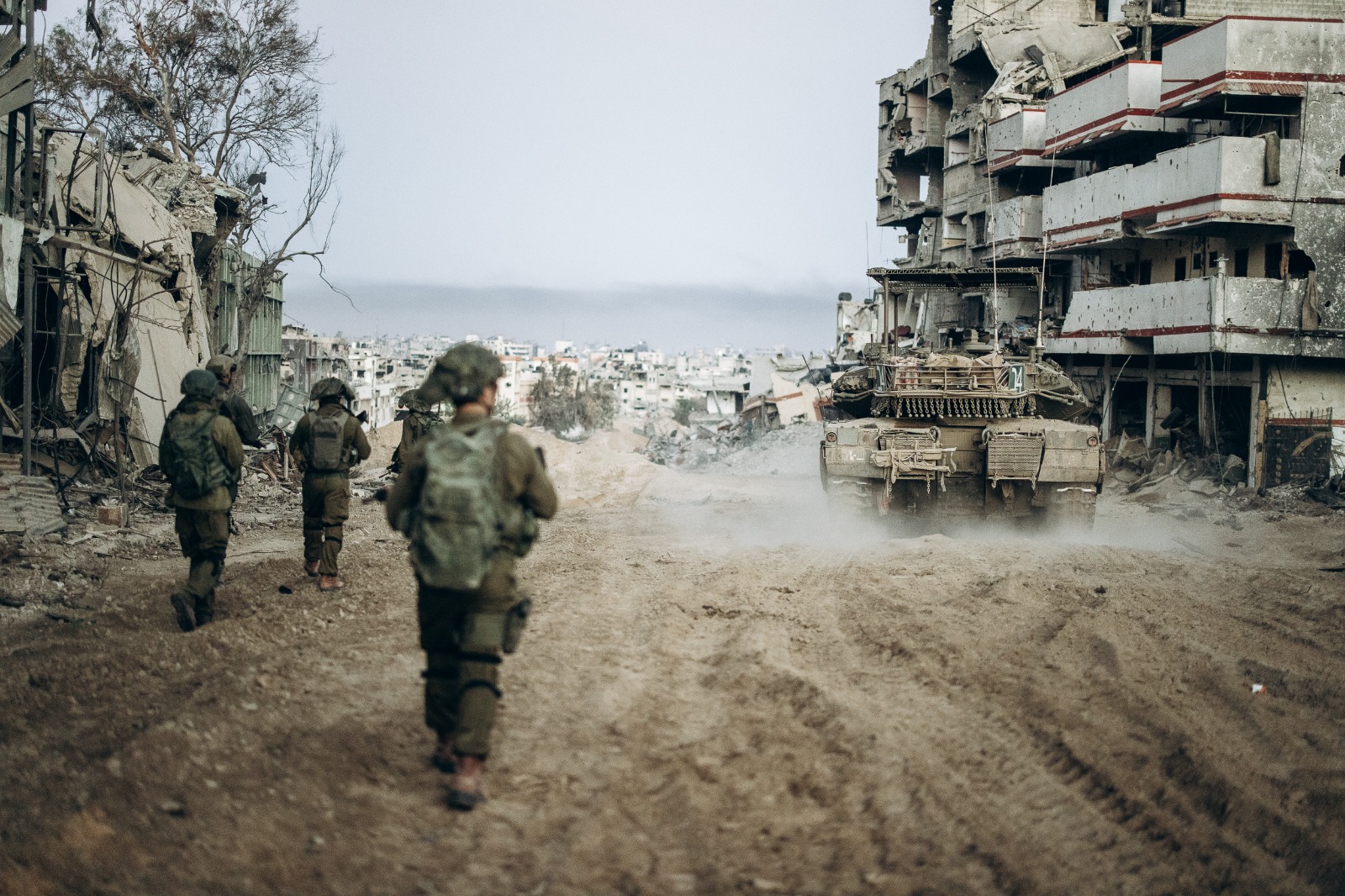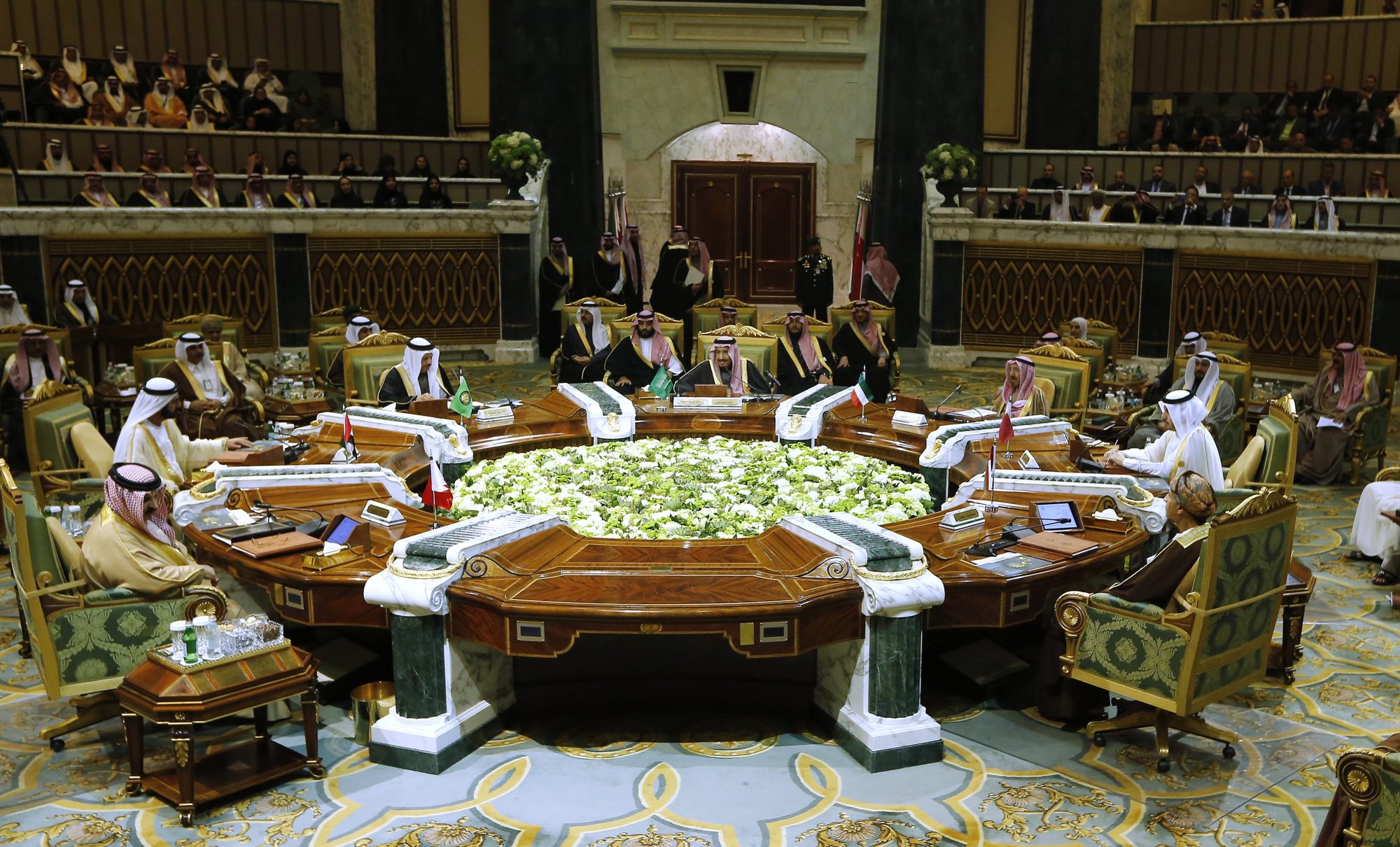*아시아엔 해외필진 기고문의 한글번역본과 원문을 함께 게재합니다.
이슬람교 다수파인 수니파 국가들의 맹주로 유독 보수적인 색채를 띠고 있던 사우디아라비아(이하 사우디)는 2017년 무함마드 빈 살만이 왕세자로 책봉된 이래 국가 전 분야에서 개혁 개방을 추진해 왔다. 특히 아랍권 미디어의 불모지라 불리던 사우디는 그 오명에서 벗어나 아랍권 미디어를 주도하고 있다. 중동 출신의 베테랑 언론인이자 아시아엔 영문판 편집장인 하비브 토우미가 사우디 미디어 개혁의 키를 쥐고 있는 알 도사리 장관의 주요 코멘트를 정리해 소개한다. – 편집자

“사우디 미디어는 세 기둥을 보유하고 있다. 인쇄매체에 특히 두각을 나타내고 있으며 모든 영역 전반에 걸쳐 강력한 영향력을 행사하는 사우디 리서치 앤 미디어 그룹(Saudi Research and Media Group, SRMG), 아랍권에서 타의 추종을 불허하는 방대한 채널과 콘텐츠를 보유하고 있는 MBC 그룹, 그리고 로타나가 이들이다.”
사우디 미디어는 세 기둥을 주축으로 역내 영향력을 키워 나갔고, 그 결과 사우디 미디어는 아랍권 미디어를 논할 때 빼놓을 수 없게 됐다.
“콘텐츠 스트리밍 플랫폼 샤히드는 아랍권에서의 구독률이 약 70%에 달하는데, 특히 사우디 채널의 시청률이 높은 편이다. SRMG의 제휴사인 타마냐 팟캐스트는 2024년 한 해 동안 총 3억회의 조회수(일반 시민들의 온라인 접근성이 원활하지 않은 이슬람 문화권이라는 특수성을 감안하면 상당한 수치이다 – 편집자)를 기록했으며 이 중 68%는 사우디에서 나온 수치다. 유튜브, 인스타그램, X 등의 플랫폼에 생성된 사우디 계정도 5,200만여개에 달한다. 뉴미디어를 논하면서 사우디를 간과할 수 없는 이유다. 그렇다고 뉴미디어와 전통미디어를 굳이 구분 지을 필요는 없을 듯하다. 국경을 초월한 미디어가 주류가 자리 잡았기 때문에 기술을 최대한 활용해 양질의 콘텐츠를 제공하는 것이 무엇보다 중요하다.”
알 도사리 장관이 미디어 산업의 지속적인 발전을 위해 강조하는 것은 규제와 자율, 그리고 책임의 균형이다.
“오늘날 언론인들은 이익을 추구하면서도 (법적인) 논란을 피해가는 법을 잘 알고 있다. 미디어 기업도 마찬가지다. 그러나 이들이 생산하는 콘텐츠를 모니터링할 마땅한 정책이 없는 것이 현실이다. 24시간 운영되는 미디어의 특성과 지역적 특성을 동시에 고려해야 한다. 특히 미디어 콘텐츠의 송출과 모니터링 사이의 시차는 예기치 못한 문제를 야기할 수 있기 때문이다. 미디어도 콘텐츠를 생산하면서 책임을 회피하면 안된다. 국가가 미디어에 간섭해야 한다는 뜻이 아니다. 국가가 민간 미디어를 신뢰하고 책임을 부여할 때 미디어 역시 그 책임을 다할 것이라고 믿는다.”
언론사 기자로 출발해 편집장까지 역임했던 알 도사리 장관은 미디어가 공익을 위해 때로는 부조리를 폭로하는 감시자 역할을 해야 한다고 강조했다. 흥미로운 것은 사우디 국가 전반의 개혁을 이끌어온 무함마드 빈 살만 왕세자 또한 당국과 미디어의 유착관계를 경계한다는 점이다.
“공공서비스에 대한 건설적인 비판은 미디어 본연의 의무다. 정부도 미디어의 의무와 역할을 부정하지 않는다. 빈 살만 왕세자의 언론관도 비슷하다. 빈 살만 왕세자에게 아부는 통하지 않는다. 오히려 그런 미디어는 정부의 눈 밖에 날 것이다. 무하마드 빈 살만 사우디 왕세자는 아첨에 질색한다. 그와 일하면서 느낀 것이다. 우리의 업적을 알리는 것과 허황된 아첨은 명백히 다르다.”
미디어의 형태가 갈수록 진화함에 따라 인쇄매체의 쇠퇴를 우려하는 목소리가 커지고 있다. 그러나 알 도사리 장관은 보다 근원적인 문제를 지적했다.
“인쇄매체는 수단일 뿐 목적이 아니다. 인쇄매체의 쇠퇴보다 기자란 직업이 쇠퇴하는 것이 우려스럽다. 사우디 미디어의 세 기둥도 기자가 존재했기에 세워질 수 있었다. 양질의 콘텐츠와 기획자, 배포자도 중요하지만 이 모든 것은 기자가 있어야 가능한 일이다. 이전에는 여러 형태의 매체를 통해 언론인들이 양성됐지만 인쇄매체가 쇠퇴하면서 언론인이 설 자리가 사라지고 있다. 언론인의 생존에 대해 진지하게 고민해야 할 때다. 사우디 미디어부는 미디어 아카데미를 지원하고 또 구글, 아마존 등의 대기업과 파트너십을 구축해 언론인이 생존할 수 있도록 도울 것이다.”
알 도사리 장관이 이끄는 사우디 미디어부는 대외관계에서 미디어의 중요성을 강조하고 있다. 실제로 사우디는 국가 단위의 프로젝트를 추진하며 전 세계와의 소통창구를 구축하고 있다.
“세계화의 흐름에 따라 미디어는 다른 국가들의 지역적 상황 및 특성도 고려해야 한다. 지구상에는 많은 국가가 있고 그만큼 문화권도 다양하다. 일부 문화권에서 통용되는 것이 다른 문화권에서는 받아 들여지지 않을 수 있다. 우리는 미디어를 원천적으로 통제하는 것이 아니라 제 역할을 다할 수 있도록 적절히 규제하고 있다. 사우디 정부는 경제적, 사회적, 문화적 다양성을 증진하기 위해 2016년 ‘사우디 비전 2030’이라는 프로젝트에 착수했다. 이 프로젝트는 사우디 왕국이 세계와 소통하는 가장 중요한 수단이 될 것이다.”

Saudi Media is the most influential in the Arab World: Minister
by Habib Toumi
Saudi Minister of Media Salman Al Dosari said his country’s media is the strongest, most influential, and most popular in the Arab world.
“The facts speak for themselves, and they show that our media is the strongest in the Arab world, the most watched, and the most widely accessible,” Al Dosari said.
Saudi Arabia has three media pillars: the Saudi Research and Media Group (SRMG), with its publications, history, and very strong presence everywhere; the MBC Group; and Rotana, with its group of channels and its vast library, unmatched by any Arab country, he added.
“For instance, Shahid, the content-streaming platform, reaches 70% of Arab households, and the viewership of Saudi channels is the highest, while Saudi media, which is affiliated with the private sector, is the most influential, powerful, and widespread in Arab countries.”
Al Dosari who was speaking to Rotana Khalijiah, a Saudi general entertainment television, stressed that “when it comes to podcast programs, Saudi Arabia leads the Arab scene.”
“For example, we have the Thamanyah (eight in Arabic) Podcast, affiliated with the Saudi Research and Media Group, with 300 million viewers and listeners, 68% in Saudi Arabia and 32% abroad, in 2024. We also have 52 million Saudi accounts on YouTube, Instagram, X, and other platforms, and these are an essential part of our media. When we look at such facts, we find that Saudi media is influential, and reaches out everywhere and leaves its mark.”
Regarding the challenges facing Saudi media, the minister believes the real challenge lies in the sector’s ability to keep pace with technology.
“There is no old or new media, but rather a national media, whether it’s a TV channel, a website, or a social media account that makes people move forward. We do provide positive content, much more than negative or degrading content, but the real challenge is keeping pace with technology.”
Al Dosari emphasized the significance of disciplined freedom across the Saudi media.
“There is a high sense of responsibility among the media and media professionals in the Kingdom. Today, journalists are well aware of the interests of the state and how to dodge controversies. The same applies to media companies. We rely heavily on this awareness, and we do not have a policy of monitoring their work,” he said.
The minister pointed to the “need to take into account the time frame and regional circumstances,” as the timing may be, at times, inappropriate for certain issues.”
“”The public interest must be taken into account, and we must have responsible freedom regarding regional situations and those of our neighboring countries. We are not saying that taking sensitivities into account means the state may interfere in the media. It is rather the media’s ability to advance public interest. This is a great responsibility and a trust placed in the private media by the state, and I believe they have lived up to their responsibility at all times.”
Al Dosari said that media professionals should fulfill their roles, particularly exposing flaws.
“Criticism by the media of services is part of their fundamental duty, and in doing it, they provide a service to the government. We do not consider it a negative matter.”
The minister who has a vast media experience as a journalist and editor in chief, said that the government ddoes not accept praise nor tolerate false praise from the media.
“Crown Prince Mohammed bin Salman does not accept praise or false flattery. We work with him, and we listen to him, and we know that this is his approach. There is a difference between highlighting our achievements and false flattery that is unacceptable and undesirable,” he said.
Al Dosari said that he was not worried about the decline of print journalism, saying that it is a means, not an end.
“What worries me is the demise of the journalist. When we talk about the three pillars of Saudi media, the journalist is the foundation. When we talk about positive content, the influencer, and the content creator, the basis is the journalist,” he said.
“Previously, the journalism kitchen created journalists, but with the absence of print journalism, finding them has become difficult. What we must work on today is the survival of the journalist. Our role, as an enabler, is to protect them through existing media academies and partnerships with major companies like Google, Amazon, and others, as well as with ministries and agencies.”
Saudi Arabia has around 60,000 people working in the media and Al Dosari looks at 150,000 jobs by 2030.
Al Dosari pointed out that there are generally three types of content. “The first is ‘positive,’ which reinforces societal values and national identity, and the state fully supports this through awards and initiatives. The second is ‘socially acceptable,’ but neither distinctive nor offensive, and this constitutes 90% of today’s content. The third is ‘offensive,’ and it is not tolerated by legislation. This includes, for example, the manifestations of false wealth on social media. We take a very strong stance against it. The society determines taste, and it has a role to play against vulgar content.”
“We are a diverse society, and we have space. What some people accept culturally may not be accepted by others. Our role is to regulate the scene, not control it.”
Referring to the role of the media in international relations, Al Dosari said that new concepts have emerged
The projects launched under “Saudi Vision 2030”, a government program launched in 2016 to achieve increased diversification economically, socially, and culturally, are the Kingdom’s most important media tools in communicating with the world, he said.




